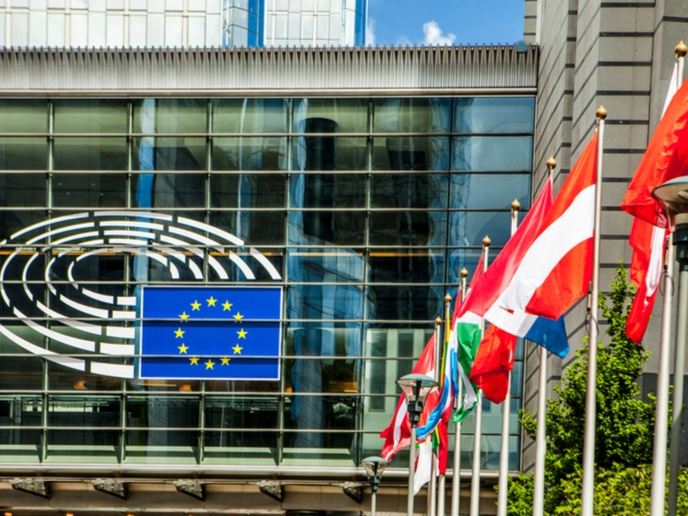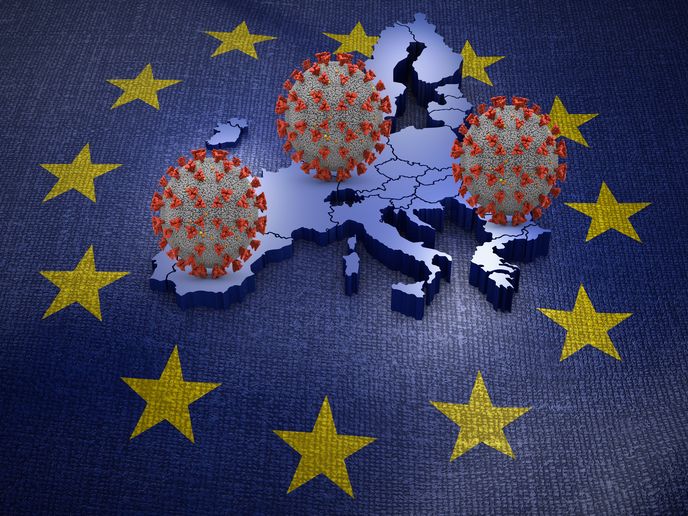The interaction of EU institutions with civil society key to improving democracy
Petra Ahrens, a Marie Skłodowska-Curie Postdoctoral Fellow in the DemocInChange project, explains: “One important element to improving democracy is through the interaction of EU institutions with civil society organisations (CSOs) as the voice of citizen interests.” This led the project, with the support of Horizon 2020, to analyse the relationships between CSOs and EU institutions as a basis for supranational participatory democracy.
Understanding key goals
CSOs aim to improve citizenship rights and participation for groups often marginalised in the policy-making process, because they address the grounds of discrimination formulated in Article 19, Treaty of Lisbon. “Therefore, core to the project was the examination of how the political participation of marginalised groups could be enhanced to improve supranational democracy,” adds Ahrens. In addition to extending scientific knowledge on the topic, the project’s further goals were to improve academic dissemination skills, writing and networking and the dissemination of results to the broader public. “The goals mirror the deliverables that can be distinguished in the areas of research output, training and dissemination,” confirms Ahrens.
Key findings
DemocInChange provided a better understanding of the linkages between equality CSOs and EU institutions, the impact of the European Commission on CSO networks and their lobbying strategies, and the role of the European Parliament in involving CSOs. It also “coined the innovative term ‘equality CSOs’ for those organised around grounds of discrimination,” reports Ahrens. By investigating equality CSOs, the project was also able to extend its research to questions of intersectionality. “This is when different grounds of discrimination overlap and constitute a specific way of structural discrimination that cannot be captured by focusing on the intersecting aspects separately,” the researcher explains. As for the societal and political aspect of the project’s research, Ahrens highlights a key finding is: “Compared to organised and well-resourced interests, for instance, multinational companies, equality CSOs have to operate within a much more constrained setting because they often lack the resources to fully carry out the work that they aim to do.” Voicing the interests of citizens is, however, limited by the EU institutions and their often informal rules of who will be heard or invited to, for instance, informal arenas of policy-making. The most surprising finding of DemocInChange, however, is that equality CSOs do not compete directly with each other over access to EU institutions. “Instead, equality CSOs react flexibly to changing demands and forge new alliances at the intersections of their specific mobilisation ground of discrimination,” reports Ahrens.
Moving forward
The research results will be instructive for policy-makers and civil society activists in better understanding each other’s roles and positions and thinking about new, indicative ways of collaboration. Ahrens has continued with her academic career by becoming a guest professor at the University of Antwerp and a senior researcher in the European Research Council-funded project EUGenDem. Ahrens adds: “Participating in EUGenDem allows me to deepen my research on supranational democracy by examining the European Parliament and its political groups’ role for gender equality and intersectional equality aspects.”
Keywords
DemocInChange, EU institutions, equality CSOs, supranational democracy, political participation, marginalised groups, civil society organisations







